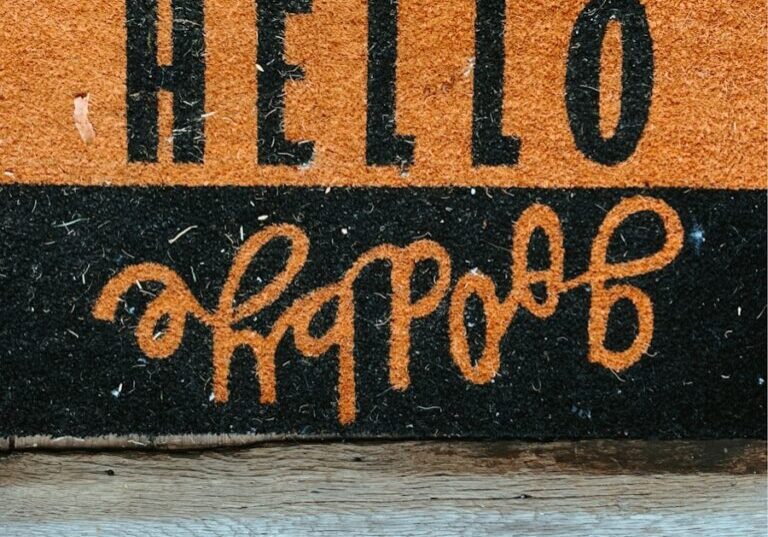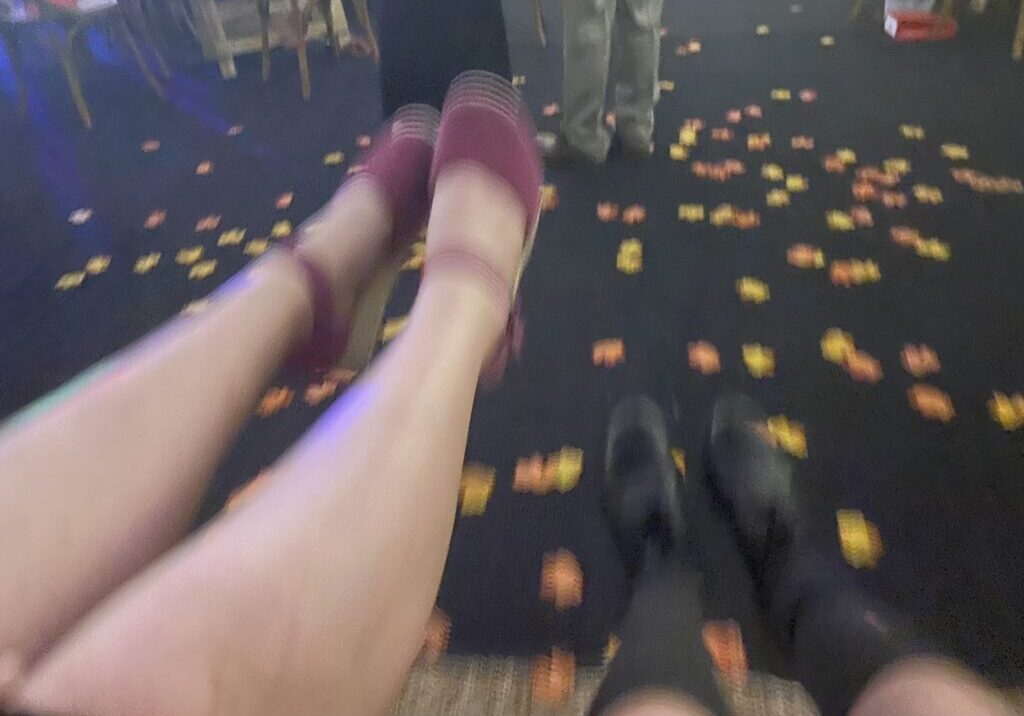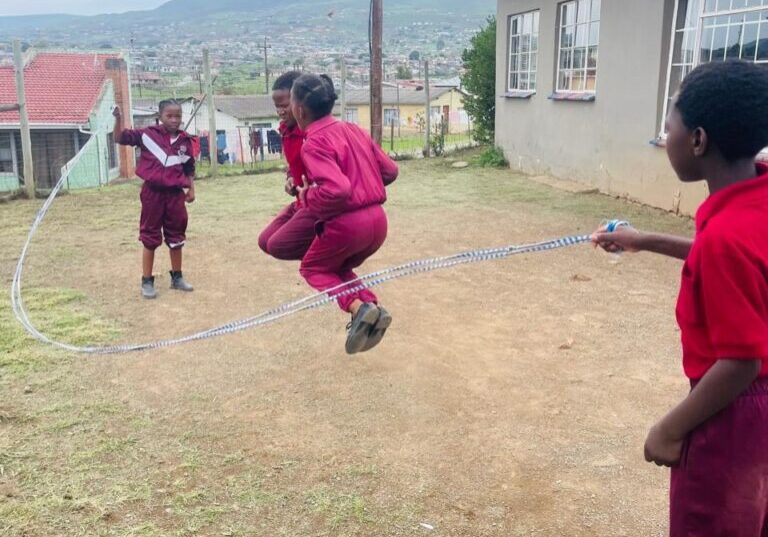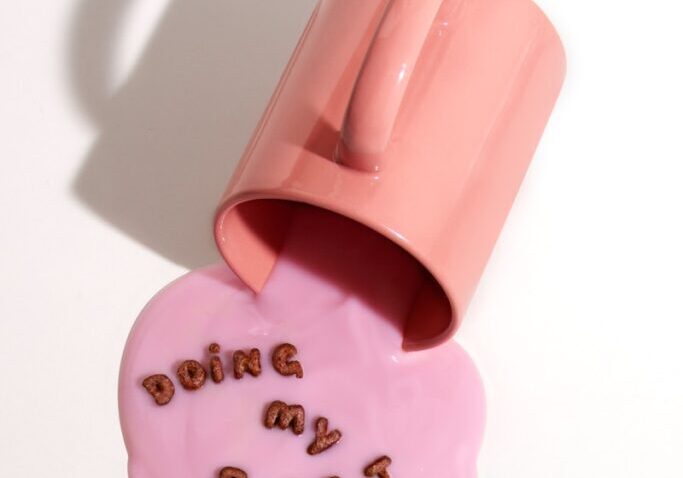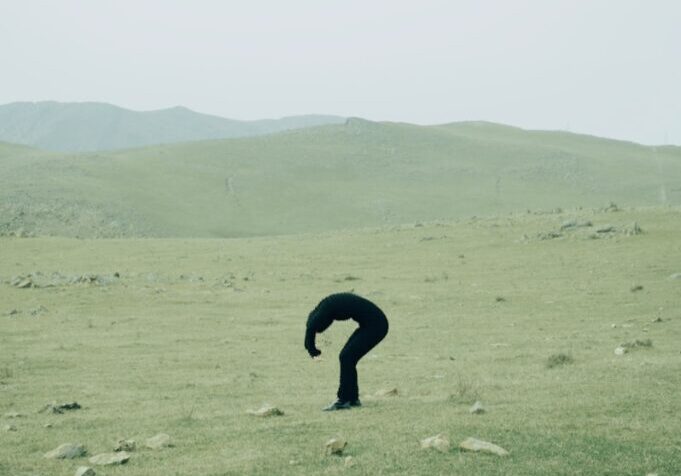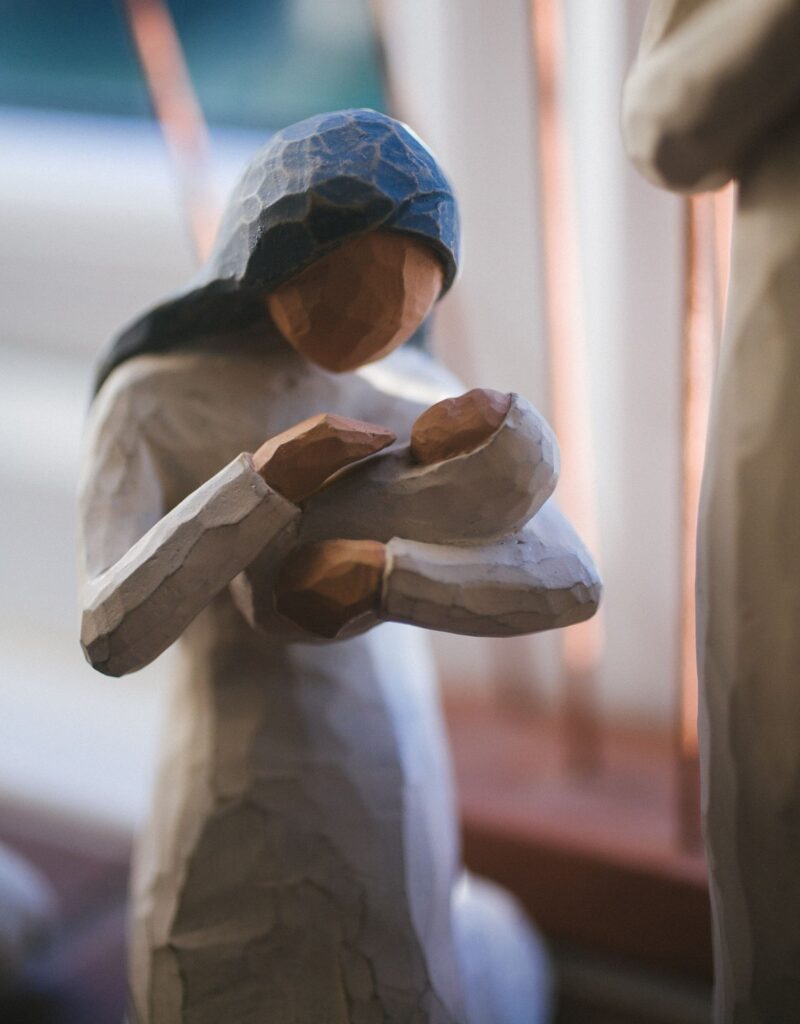
Momposter Syndrome
Imposter Syndrome: A haunting fear that a person cannot repeat their successes and that they are not as bright and capable as they need or want to be. Alison Escalante. (Read Alison’s article in Psychology Today)
The term “momposter” is derived from the term imposter parent syndrome is simply the belief that you’re not a good mother.
In a meme, it’s this…
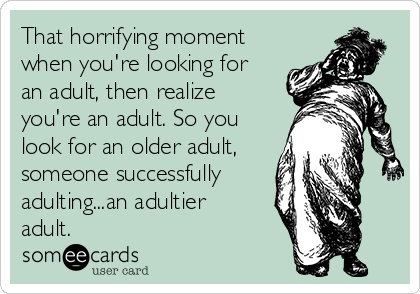
It seems funny, and sometimes it is, but it’s also a very real struggle that moms struggle with*. Women who have low self-esteem, tend to compare themselves to others and have little in the way of social, emotional and financial support tend to suffer more from momposter syndrome.
If you feel this whole situation resonates with you, it’s ok. Maybe we all go through it for a portion of our child’s childhood, or at least moments of it! Before I had kids, I thought I would be a fantastic mom. I have always been a nurturer, so I thought this would naturally flow and all would be wrapped in a cozy blanket of love, joy and peace. But then I had my babies. I felt that I was not a good mom and not meant to do this at all because babies were such hard work. But it wasn’t just about the hard work, it was that they felt unfathomable on certain days and the fact that it was all relentless! I never, ever felt I had anything figured out at all. Thankfully, babies grow up and now I call my teens my babies, but they can wipe their own bums!
I wasn’t my best mom self to babies. I came into my best mom self a little later, since they were about 3ish or so and I feel like it keeps getting better!
Help! I think I’m a Momposter!
If you feel you have “momposter syndrome” you’re not alone. Lots (all??) of moms experience shame at thinking they’re not “getting it” like other moms, or you see yourself as not as good or as competent or as together as other mothers. It can be even worse if your child experiences a developmental delay or is neurodiverse (ADHD, ASD, learning difficulties etc…) and you may blame yourself.
You’re never a mom in isolation, and no one should have to parent in isolation. You need your village. You may need to put yourself out there a little, build stronger bridges where you do already have people you know care about you. Let yourself be known in your vulnerable parenting space with people you know won’t judge you.
Think about how becoming a mom has changed or enhanced your identity. You get to be you, but what is your unique identity as a mother? You may be the funny mom who brings her wicked sense of humour into her relationships with her kids. You might be the cuddly mom, or the encourager mom, or the “I’m on it mom”. And of course you can be a combination of several of these and more!
Being a mother is a good time to delve deeper into who you are, because I guess if you don’t, being a parent kind of forces you to anyway! For me, the realisation that I wasn’t great with babies, but I was much better with toddlers and pre-schoolers was so redeeming for me. I also realised that being an introvert and having no time to be quiet and still had a massive impact on me. I wrote about it here.
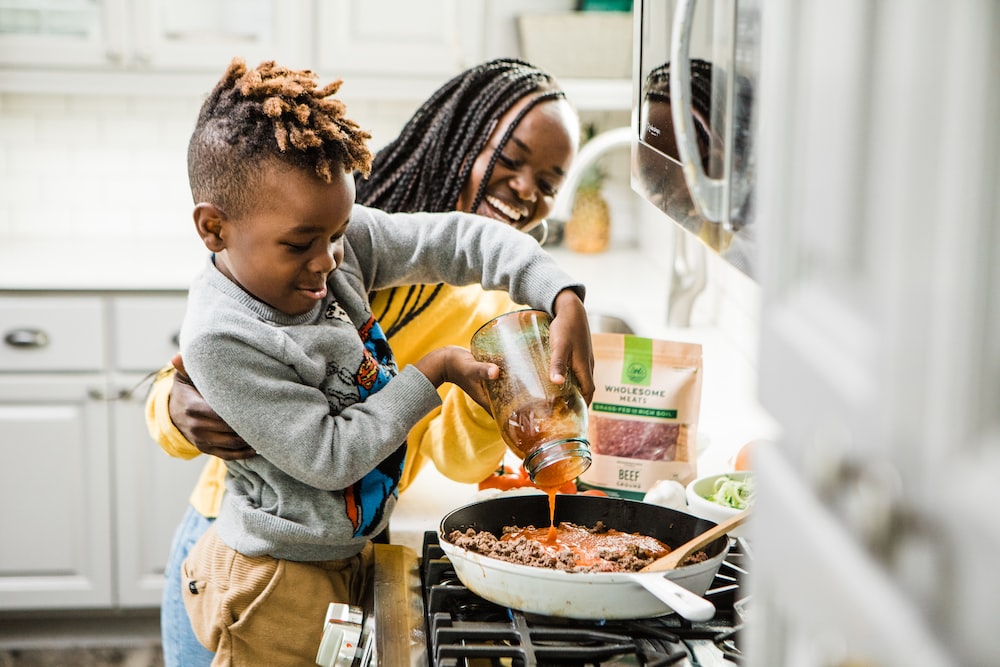
Of course, this is not an excuse to opt out if you’re struggling with the stage your child is at. It’s a sign you need backup. And also, lots of grace for yourself!
Step away from the social media, especially accounts which make you feel less-than due to the perfection which may be portrayed. There is no such thing as perfect. Social media in general is not vulnerable and authentic and it also tends to feed unhealthy comparison thinking.
There are some exceptions to this, of course! On Instagram, @emilyvondy writes raw, honest and very funny songs about being a mother. @Littlebigfeelings who I have referenced before post a lot of great toddler related parenting advice based on gentle parenting, and they’re really real in how they post – they are not airbrushed, they’re just normal moms who some days have a chance to brush their hair and other times not! @comedianandjpryor is a dad who posts a lot of interactions with his kids. You may have seen this video of his a couple of years ago, which I think is one of my all-time favourites in terms of parent-child interactions.
You got this!
But it is always OK to get help. I truly believe we are each the right parent for our children. Don’t let imposter syndrome rob you of that joy, and of being the best you can be for your children!
*Dads struggle with this too. Mike Kitko talks about it on his website thedadedge.com. You might find some of his articles and podcasts on imposter syndrome for dads useful here and here.

